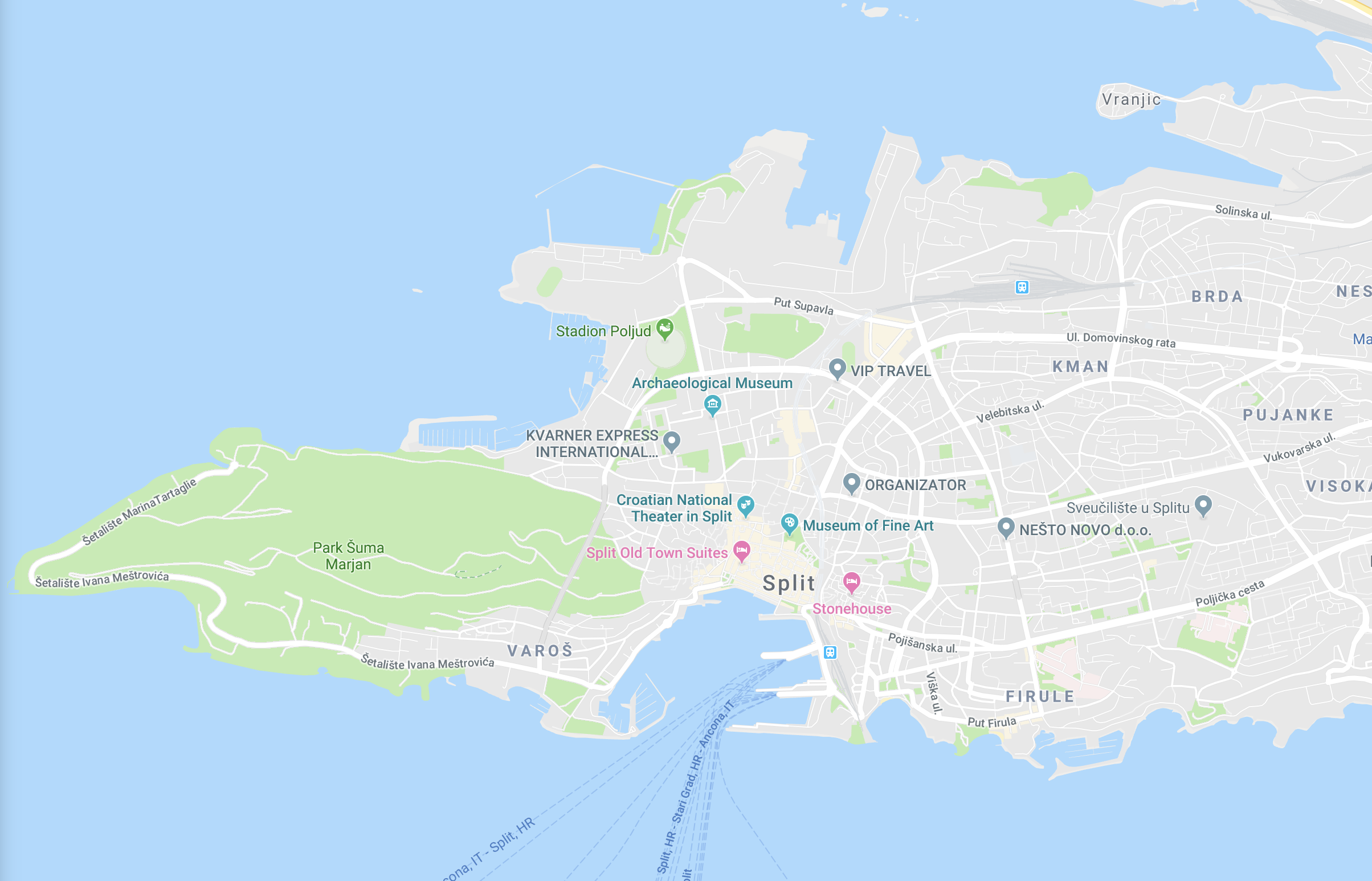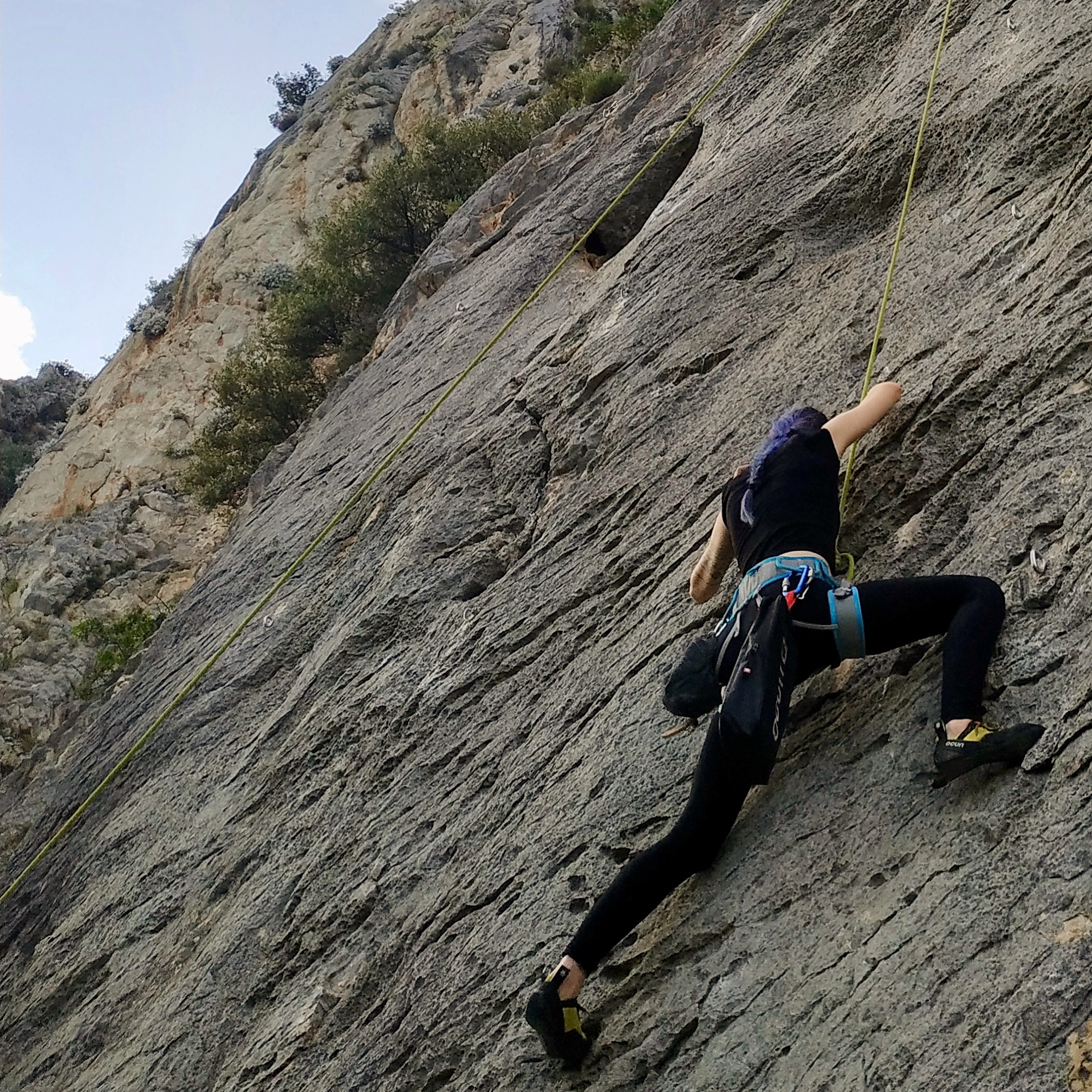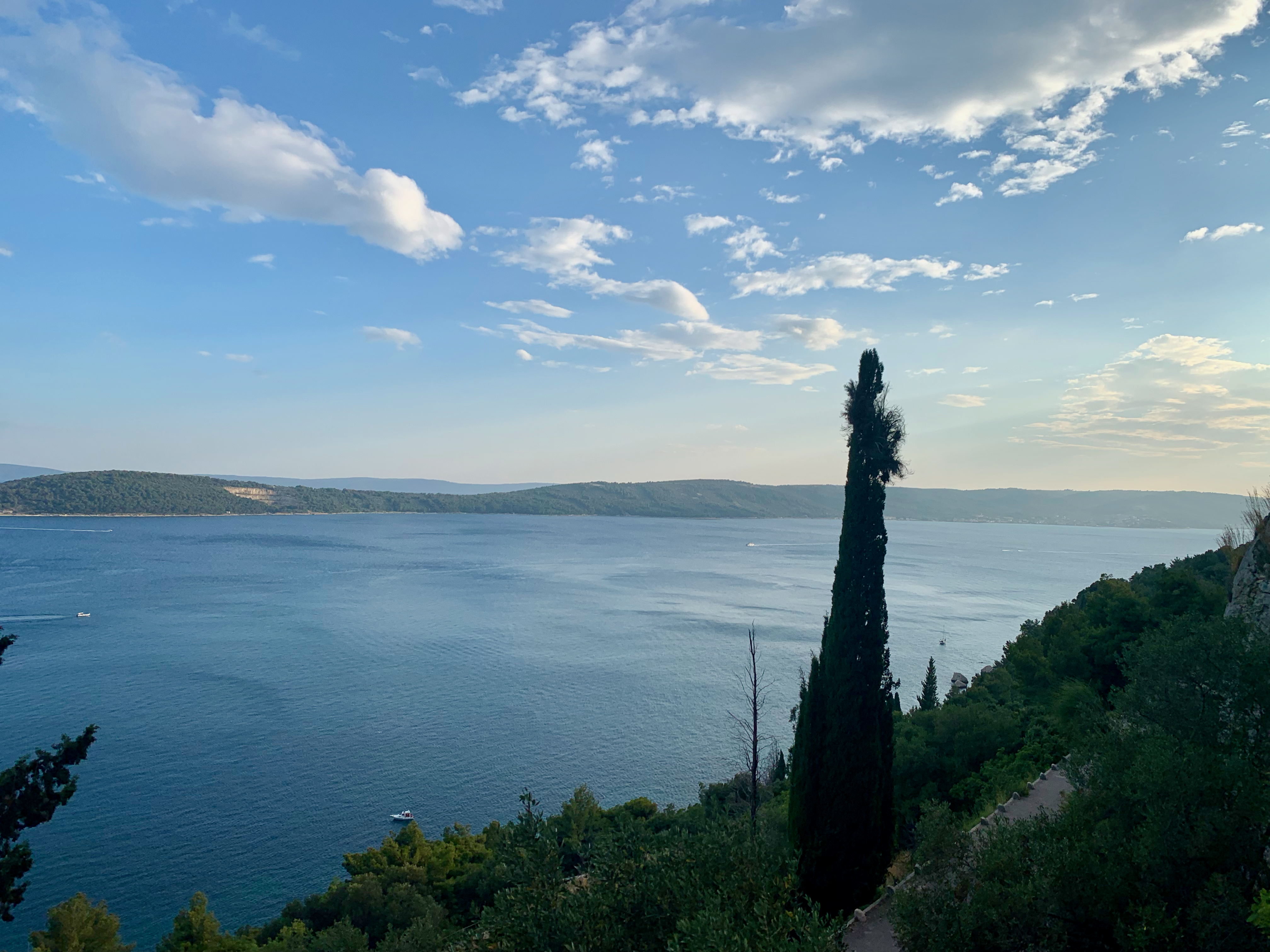Unlike journalism-focused conferences, privacy preserving technology conferences always seem to be held in hard-to-get-to cities with beautiful beaches. When I had the opportunity to attend the Zcash Foundation’s conference in Split, Croatia, I jumped at the chance.
Although I’m familiar with the application and practice of digital security, what I know about cryptography I learned by skimming one textbook (highly recommended) and through osmosis from my friends. I still got a lot out of the sessions that I attended at Zcon1.
I found Pratyush Mishra’s presentation about ZEXE (PDF) — which I understand to be a blockchain design to extend the Zerocash protocol for use in cryptocurrencies — especially interesting. Most cryptocurrencies, like Bitcoin, are not privacy preserving — every user’s entire payment history is accessible by anyone. The Zerocash protocol allows users to exchange coin without revealing information about the exchange, or the people involved.
ZEXE extends this through offline computation and uploading a zero-knowledge proof of execution to the ledger. Blockchain verification is computationally expensive, but the research team behind ZEXE suggests that by using recursive proofs, verifications can be succinct and completed more quickly.
The whole conference coincided with Facebook’s announcement of Libra, a digital currency that it intends to launch sometime next year. Libra raises huge privacy concerns, and Facebook has the user base, power, and capital to potentially shape the future of privacy (or the lack of) in cryptocurrencies, and their integration in other applications. People may embrace Libra because they use Facebook and it is convenient, but payments made are likely to be just as easily available to governments as those made through traditional banks.
It would be great if there were a simple way to privately and securely send money to other people, and it’d be even better if this were integrated into services that people are already using. But Facebook has made clear that it does not care about privacy (neither do its partners including Visa and Mastercard), and is not to be trusted to protect its users’ financial information.
I spent as much time as possible in the city of Split, and in particular, the enormous Marjan Park, which lies on the tip of a tiny peninsula outside of the city and opens up into breathtaking views of the hills and the Mediterranean. It was in this park that I learned to lead climb — a type of rock climbing in which you use quickdraws to connect your rope to bolts on the rock — on real limestone.

On one climb that culminated on a huge overhang, it was difficult to commit 100% to the climb, knowing that a slip would mean a longer fall than I was used to. A couple moves later, I slipped, and swung out far from the rock, back and forth. It took me a few minutes to appreciate the view from the top. It was absolutely terrifying — a liberatory kind of fear.

